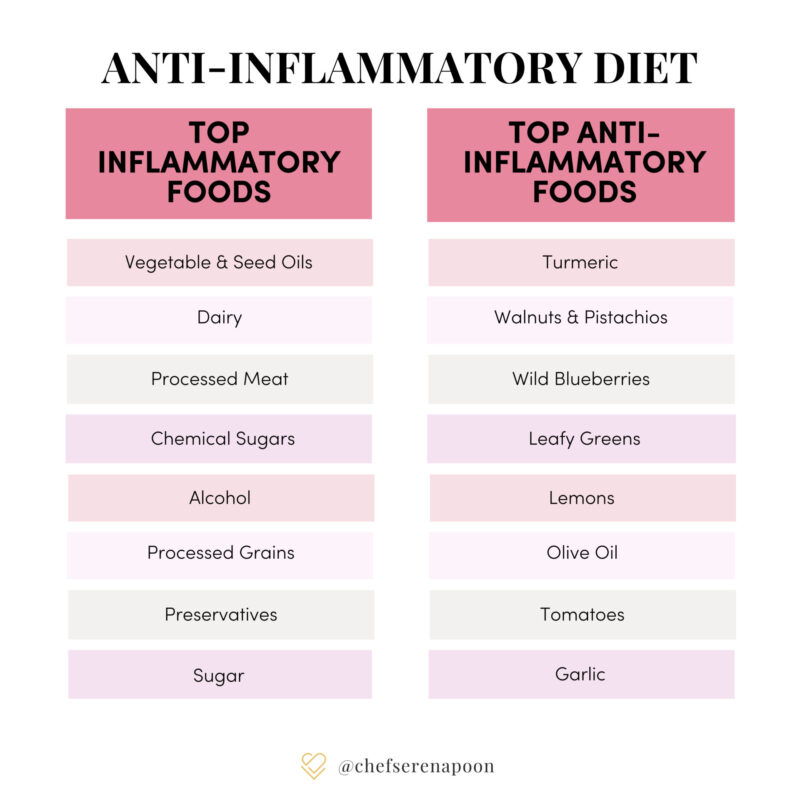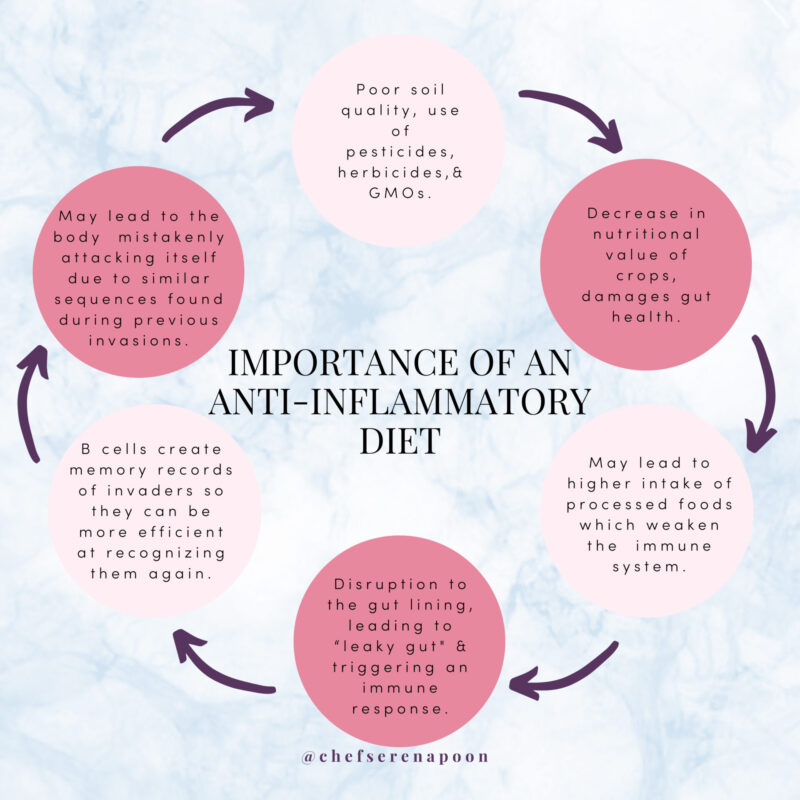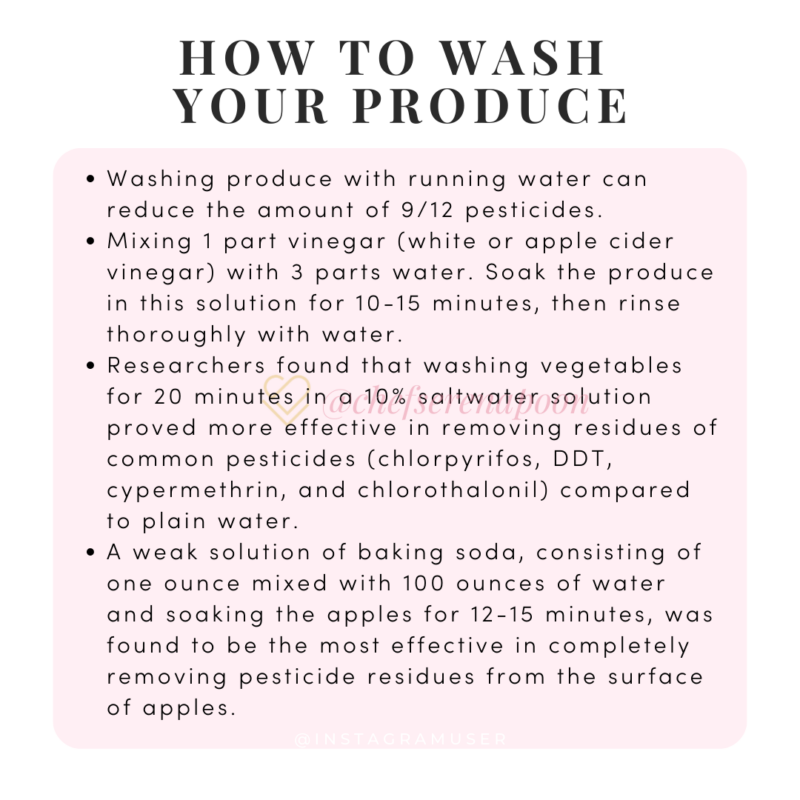Feeling overwhelmed by the numerous health concerns of modern times? From cancer and degenerative diseases to mental wellness issues and hormonal imbalances, navigating the complexities of your well-being can be quite challenging. However, did you know that the root cause of many of these issues lies in your body’s metabolic processes?
As an expert in Reiki and nutrition, my focus is on caring for your physical and spiritual energy systems. Research is increasingly showing how this holistic approach can truly transform your health. It’s also my passion to equip our community with knowledge that can help you and your loved ones heal and thrive!
In this blog, I will delve into what metabolic dysfunction is, as well as offer support for your journey towards optimal well-being, or potentially aid in healing common health problems you may be experiencing.
WHAT IS METABOLIC DYSFUNCTION?

Women With Stomach Ache. Diarrhea Or PMS Pain
Metabolic dysfunction is a term encompassing a range of issues that stem from disruptions in your body’s natural metabolic processes. Although many of us associate “metabolism” solely with weight loss and gain, it is a critical part of overall health and wellness, affecting every organ and tissue in your body. If you’d like to read more about what metabolism is, start here!
From your cardiovascular to your musculoskeletal system, your body relies on metabolic processes for proper functioning. Lifestyle factors such as poor diet, lack of exercise, and chronic stress can contribute to metabolic dysfunction, as can underlying genetic conditions.
At the cellular level, metabolic dysfunction begins with problems in your mitochondria, the energy factories of your cells. Mitochondria convert oxygen and nutrients into energy to power your cells, which in turn, power your body’s functions. However, when these processes are influenced by epigenetic factors and start malfunctioning, your mitochondria can become less efficient and may start producing damaging free radicals known as reactive oxygen species, or “ROS.”
Over time, the effects of malfunctioning mitochondria can accumulate and cause DNA damage, leading to conditions like insulin resistance, type 2 diabetes, and metabolic syndrome. These conditions can compromise your body’s ability to produce and store energy, regulate hormones, and maintain essential functions.
Thankfully, research-backed lifestyle changes can help support your mitochondrial health and prevent metabolic dysfunction. From anti-inflammatory diets and regular exercise to stress-reduction techniques and targeted supplements, there are many ways to take back control of your metabolism and boost your overall health!
ILLNESSES LINKED TO METABOLIC DYSFUNCTION

Unhappy anxiety young Asian woman covering her face with pillow on the cough in the living room at home.
Age-related health issues are frequently being linked to mitochondrial dysfunction. Both aging and age-related diseases depend on energy supply and how efficiently your body utilizes energy over the years.
It is estimated that a significant proportion of the U.S. population is affected by at least one health issue related to mitochondrial health. Alarmingly, many people in the United States may be suffering from these conditions without even knowing it! In fact, 88% of Americans are dealing with some type of metabolic dysfunction. Consider that there are 50 million Americans with autoimmune diseases, 115 million who are sleep-deprived, 240 million who are overweight or obese, and 130 million who are diabetic or pre-diabetic. Over 50% of our population is insulin-resistant, pre-diabetic, or struggling with PCOS or Type-2 Diabetes, and 43% of Americans are clinically obese.
A few ways that mitochondrial dysfunction is linked to metabolic disorders:
- Insulin resistance: Studies have shown that mitochondrial dysfunction in skeletal muscle is a significant contributor to insulin resistance.
- Type 2 diabetes: In people with type 2 diabetes, impaired mitochondrial function has been observed in skeletal muscle, liver, and adipose tissue.
- Obesity: Obesity is associated with mitochondrial dysfunction in adipose tissue, which can contribute to insulin resistance. Therefore, treatments and lifestyle interventions which target our cells’ energy centers may be the cure to diet-related obesity.
- Fatty liver disease: Mitochondrial dysfunction in liver cells can impair the liver’s ability to process and metabolize fats.
- Metabolic syndrome: Several studies indicate that people with metabolic syndrome have impaired mitochondrial function in various tissues, such as skeletal muscle, liver, and adipose tissue. The underlying issue of metabolic syndrome is oxidative stress primarily driven by mitochondrial dysfunction. Improving mitochondrial function via diet and exercise can reduce symptoms and lower the risk factor for other subsequent health issues.
- Depression: Studies have shown that individuals with depression have reduced mitochondrial function and increased oxidative stress in brain tissue. Supplementing with CoQ10 may be helpful specifically in improving energy metabolism for mental wellness.
- Bipolar disorder: Individuals with bipolar disorder are found to have abnormal mitochondrial function, particularly in the frontal cortex—a region responsible for emotional regulation and decision-making.
- Alzheimer’s disease: Mitochondrial dysfunction is a key feature of Alzheimer’s disease, and impaired energy metabolism is thought to contribute to the cognitive decline seen in the disease.
EAT TO HELP HEAL METABOLIC DYSFUNCTION

Healthy vegetarian dinner. Woman in jeans and warm sweater holding bowl with fresh salad, avocado, grains, beans, roasted vegetables, close-up. Superfood, clean eating, vegan, dieting food concept
Many healthcare professionals recognize that the predominant issue lies in our Western food culture. The most effective dietary strategies to repair mitochondrial health include fasting, eliminating ultra-processed and refined foods, ensuring the intake of key nutrients through whole foods or supplements, and generally following a low-carb, high-fat diet such as a keto diet, or a plant-based whole food diet. Here are some additional guidelines:
- Avoid inflammatory foods
- Get healthy fats from omega-3 fatty acids
- Eat a diet low in saturated and trans fats
- Choose more plant-based whole foods for phytonutrients
- Incorporate eating and fasting windows
- Supplement with B vitamins, iron, magnesium, and coenzyme Q10 (CoQ10)
- Optimize Glutathione levels with a supplement such as Optimize Me NAC
- Prioritize antioxidants like vitamins C and E
There are also several nutrients that your body needs for proper functioning of the Krebs cycle (energy conversion) and blood sugar regulation. My supplement, Energize & Metabolize, was designed to support the healing and optimization of these energetic processes.


ENVIRONMENTAL TOXINS TO BLAME
It’s saddening to witness all the toxic chemicals, damaging farming practices, and the generally reckless ways in which many people treat the planet and its resources. One of the most significant concerns is growing enough quality food to feed people around the world, especially when the essential nutrients are being stripped away from our soil.
From traditional farming methods to the new and ingenious techniques of regenerative farming, many people are striving to make positive changes for the future of our planet and humanity.
As a nutritionist and chef, I seek to find and share the most nutrient-dense foods and strategies to nourish your body to counterbalance and fight the environmental threats we face daily. While it’s impossible to avoid all of these threats, you can reduce your exposure and minimize your toxic footprint on this planet for future generations.
Exposure to environmental toxins, such as heavy metals and pesticides, can impair mitochondrial function and decrease energy production efficiency. Conditions ranging from Parkinson’s Disease to obesity are linked to the damage these environmental chemicals inflict on cellular health. Here are a few ways to wash your fruits and vegetables to reduce pesticide exposure.

You also might try binders! Binders are essential due to the enterohepatic circulation of toxins. After the liver processes toxins, they’re excreted from the gallbladder with bile into the small intestine. If no binders are present, these toxins can be reabsorbed, placing continued strain on the liver, kidneys, and the body as a whole.
So, how do binders work? Binders function by attaching to toxins in the gastrointestinal tract, which prevents the toxins from being absorbed into the bloodstream and circulated to other parts of the body. These toxins are then eliminated through the stool.

In conclusion…
Thank you for taking the time to learn how to improve your mitochondrial function! It is crucial for longevity and overall wellness. As discussed in my YouTube interview with Ian Mitchell, there are many ways to hack your ATP levels. Remember, implementing small, consistent changes in your diet and lifestyle can significantly impact your metabolic function. I hope this information inspires and empowers you to make positive changes in your life.
Keep taking these steps towards optimizing your health outcomes!
Xo – Serena
by





